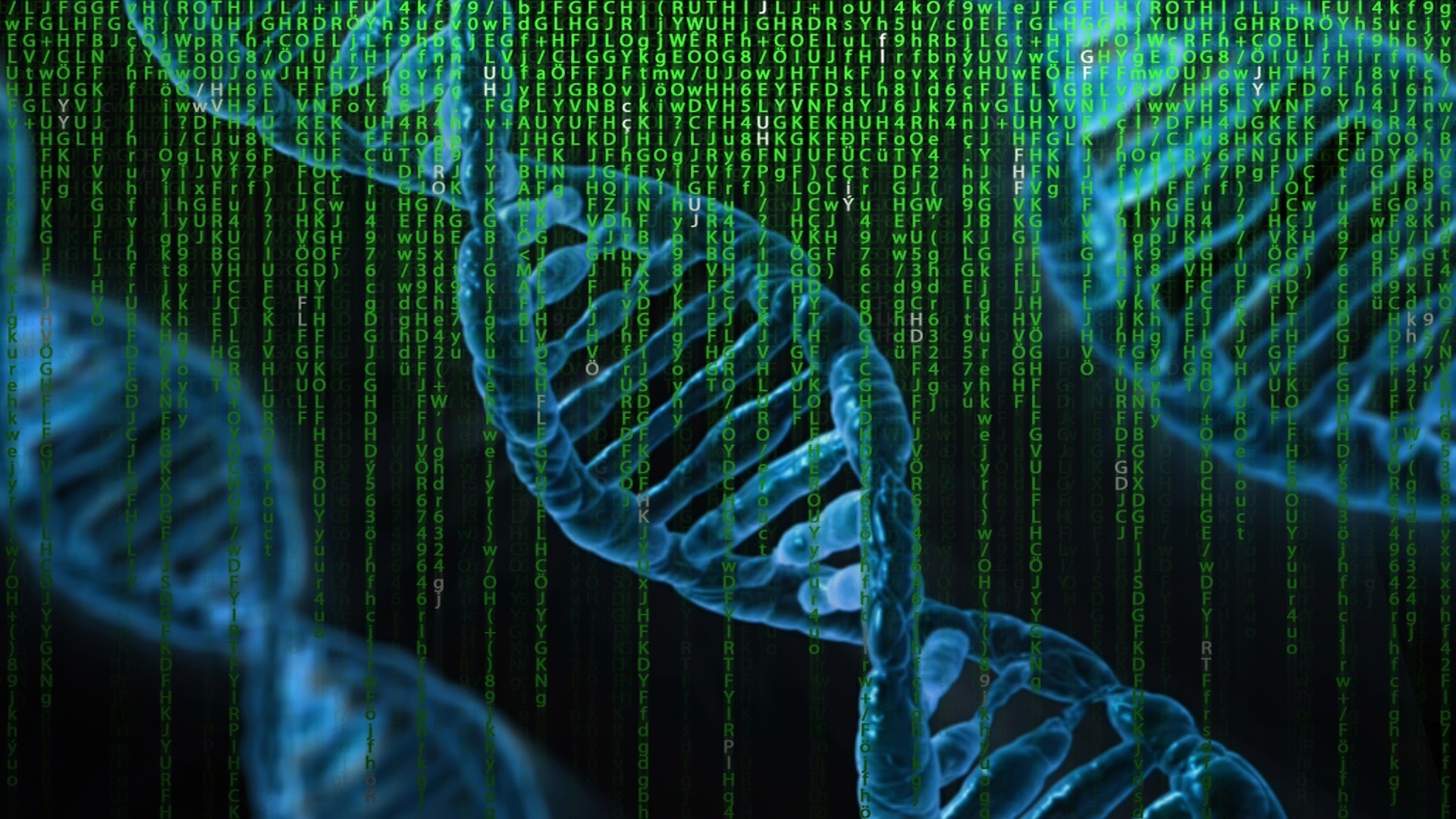Genetic data processing
Genetic data processing is an interdisciplinary field focused on the collection, analysis, and interpretation of vast and complex genetic information to unlock insights into human biology, disease mechanisms, and potential treatments. With rapid advancements in sequencing technologies, we are now capable of generating massive amounts of genetic data in relatively short timeframes. This field involves utilizing computational methods and sophisticated algorithms to handle, process, and analyze this genetic information, which holds the key to understanding an individual’s DNA and the biological factors influencing health, traits, and predispositions to certain conditions.
At its foundation, genetic data processing seeks to make sense of DNA sequences, which are essentially large datasets encoding genetic information across billions of nucleotides. Researchers in this area employ bioinformatics techniques and data mining to filter, organize, and draw meaningful conclusions from raw genetic data. This includes aligning sequences, identifying genetic variants, and associating these variations with phenotypic traits or disease risk. Genetic data processing often involves machine learning and statistical modeling to predict genetic associations, enabling researchers to identify critical genes, mutations, or patterns linked to hereditary conditions, cancer, metabolic diseases, and beyond.
Security and privacy are paramount in genetic data processing, as personal genetic information is sensitive and must be protected from unauthorized access or misuse. As a result, data encryption, access controls, and anonymization are integral to the field. Furthermore, the ethical aspects of handling genetic data are carefully considered, especially when dealing with genetic information that may have implications for individuals’ family members or future generations.
Genetic data processing is crucial for personalized medicine, a medical approach that tailors treatments to individual genetic profiles. By understanding the genetic underpinnings of how different people respond to medications, scientists can work toward therapies that are more effective and have fewer side effects. In addition, genetic data processing supports breakthroughs in areas like gene therapy, where specific genetic alterations can be targeted to correct genetic disorders.
The future of genetic data processing lies in developing more efficient algorithms, increasing computational power, and refining machine learning techniques to handle increasingly larger datasets. This field is closely tied to fields such as genomics, bioinformatics, and systems biology, each contributing to a deeper understanding of genetic information and its applications. By leveraging these advancements, researchers are transforming how we diagnose, treat, and prevent diseases, ultimately aiming to improve human health and extend lifespan through a more precise understanding of our genetic blueprint.
At its foundation, genetic data processing seeks to make sense of DNA sequences, which are essentially large datasets encoding genetic information across billions of nucleotides. Researchers in this area employ bioinformatics techniques and data mining to filter, organize, and draw meaningful conclusions from raw genetic data. This includes aligning sequences, identifying genetic variants, and associating these variations with phenotypic traits or disease risk. Genetic data processing often involves machine learning and statistical modeling to predict genetic associations, enabling researchers to identify critical genes, mutations, or patterns linked to hereditary conditions, cancer, metabolic diseases, and beyond.
Security and privacy are paramount in genetic data processing, as personal genetic information is sensitive and must be protected from unauthorized access or misuse. As a result, data encryption, access controls, and anonymization are integral to the field. Furthermore, the ethical aspects of handling genetic data are carefully considered, especially when dealing with genetic information that may have implications for individuals’ family members or future generations.
Genetic data processing is crucial for personalized medicine, a medical approach that tailors treatments to individual genetic profiles. By understanding the genetic underpinnings of how different people respond to medications, scientists can work toward therapies that are more effective and have fewer side effects. In addition, genetic data processing supports breakthroughs in areas like gene therapy, where specific genetic alterations can be targeted to correct genetic disorders.
The future of genetic data processing lies in developing more efficient algorithms, increasing computational power, and refining machine learning techniques to handle increasingly larger datasets. This field is closely tied to fields such as genomics, bioinformatics, and systems biology, each contributing to a deeper understanding of genetic information and its applications. By leveraging these advancements, researchers are transforming how we diagnose, treat, and prevent diseases, ultimately aiming to improve human health and extend lifespan through a more precise understanding of our genetic blueprint.

2025
, , (2025). BHBA-GRNet: Cancer detection through improved gene expression profiling using Binary Honey Badger Algorithm and Gene Residual-based Network. Computers in Biology and Medicine, 184(1), 109348. DOI: https://doi.org/10.1016/j.compbiomed.2024.109348




